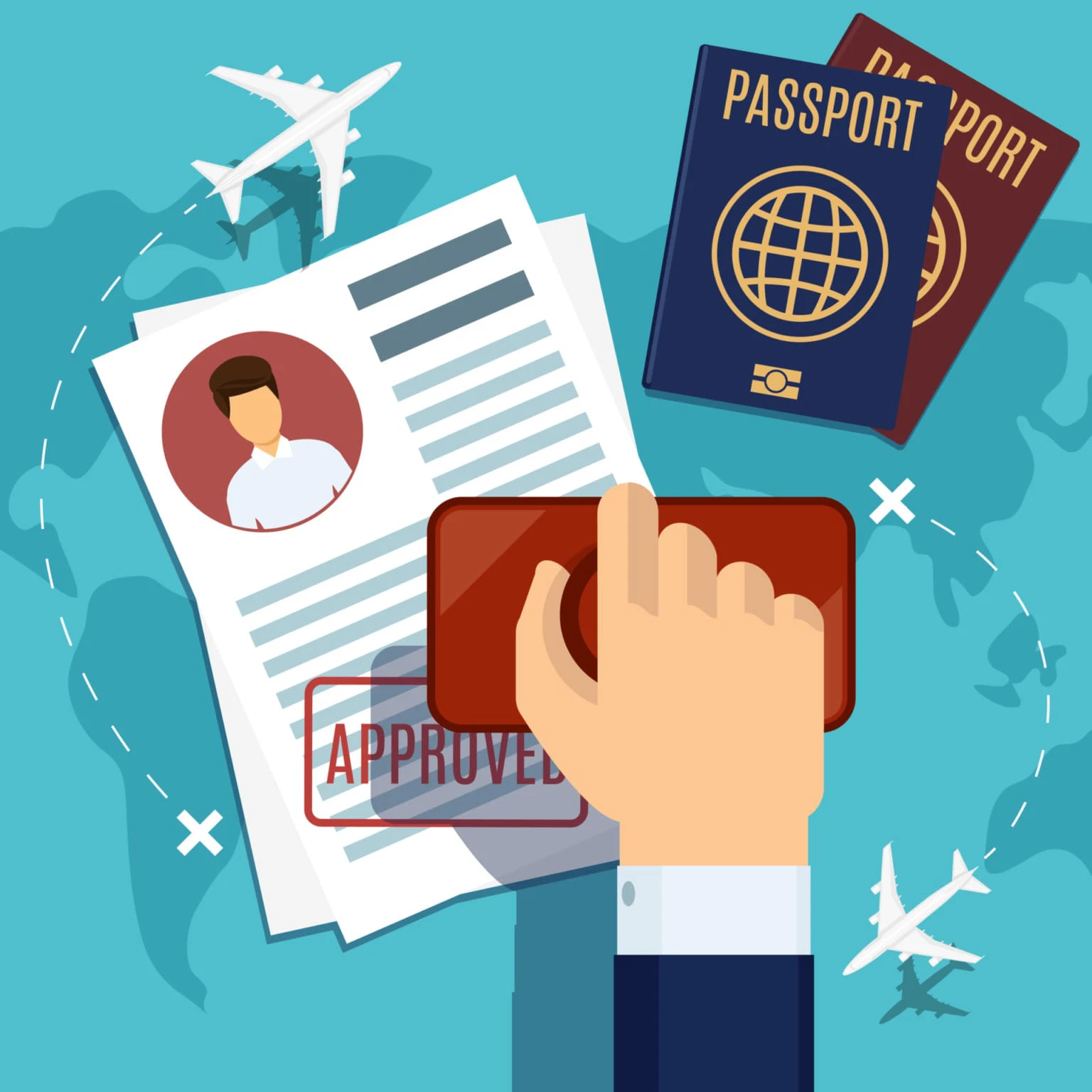Living and Working in Thailand as a Foreigner in 2025

This article provides up-to-date, practical information for foreigners planning to live or work in Thailand in 2025.
Thailand remains a dream destination not only for travelers but also for expats looking to live, work, or retire here. In 2025, several new regulations and visa programs have come into effect that are worth knowing before making the move. Here’s a practical overview based on the latest publicly available information.
Entry Requirements in 2025: Digital Forms and Travel Authorizations
As of May 2025, travelers entering Thailand are required to fill out the Thailand Digital Arrival Card (TDAC) before arriving. This digital form replaces the old TM6 paper format and must be submitted online at least 72 hours before your flight.
Additionally, starting from mid-2025, most travelers—even those from visa-exempt countries—will need to apply for an Electronic Travel Authorization (ETA) before arrival.
👨💼 How to Work Legally in Thailand: Visa and Work Permit
To be legally employed in Thailand, you’ll need two key documents:
-
Non-Immigrant B Visa – Usually sponsored by a Thai company, this visa allows you to enter Thailand for work or business. It must be obtained prior to arrival, often with support from your future employer.
-
Work Permit – Once in Thailand, you’ll need to apply for a work permit through the Ministry of Labour. It clearly states your position, employer, and work location. Working without this permit is illegal and may result in fines or deportation.
Keep in mind that some professions are restricted to Thai nationals only.
🧳 Long-Term Options for Expats in 2025
🔹 LTR Visa (Long-Term Resident)
The LTR visa offers a 10-year stay with multiple perks for eligible individuals such as skilled professionals, wealthy retirees, and foreign investors. Benefits include:
-
Lower personal income tax (flat rate of 17%)
-
Simplified work permit process
-
Visa access for spouse and dependent children
-
No need to hire four Thai workers per foreign employee
🔹 Destination Thailand Visa (DTV)
This newly introduced visa caters to digital nomads and remote workers. It allows stays of up to 180 days, renewable once, and is designed for freelancers, online business owners, and remote employees working for overseas companies.
🏡 Permanent Residency: Is It an Option?
While Thailand does not offer a straightforward “green card” system, permanent residency is possible under specific conditions:
-
Employment-based residency requires at least three years of legal work and a stable income.
-
Investment residency is available to those who invest a minimum of 10 million THB in local bonds, businesses, or real estate.
-
Family ties to Thai nationals also qualify for certain residency pathways.
The process is competitive and quotas apply, so early application is advised.
✅ Final Thoughts
Thailand is increasingly open to attracting long-term foreign residents, entrepreneurs, and skilled professionals. But the legal landscape is evolving, and requirements may vary based on nationality and purpose of stay.
Disclaimer: This article is based on publicly accessible sources and aims to provide general guidance only. Always consult the official Thai immigration website or a licensed legal advisor before making any decisions.
